Michigan’s loons are a beloved and iconic species of the state’s lakes and waterways. Unfortunately, the loons face a variety of threats affecting their populations and ability to thrive in their natural habitats. Some of the major problems facing Michigan loons include…
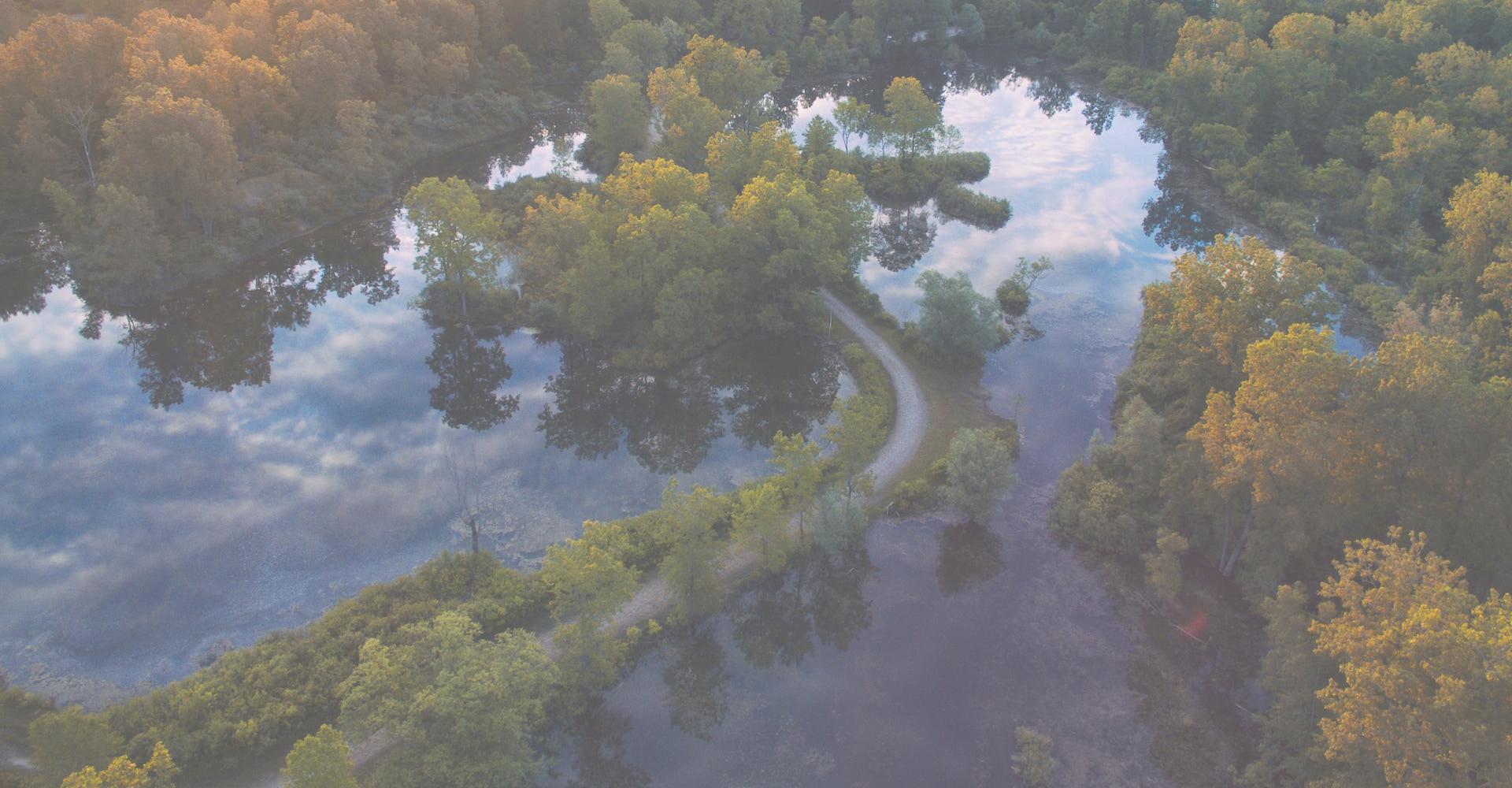
Habitat loss.
Loons require large, clear, and deep bodies of water to breed and raise their young. However, habitat loss due to lakeshore development for homes and recreation, shoreline erosion, and invasive species can make it difficult for loons to find suitable nesting sites and feeding grounds. The invasion of the aggressive Mute Swan, for example, has decreased available territory.
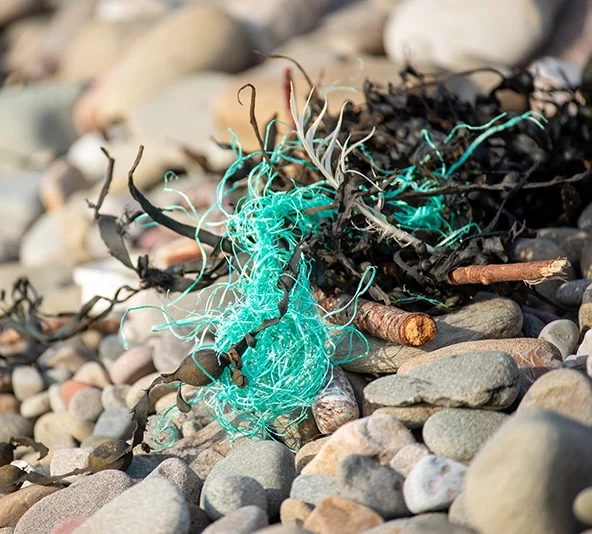
Lead.
Lead poisoning in particular is a significant threat to Michigan loons, as ingestion of lead will cause a bird to become ill and die. Ingested lead enters the gizzard, where a combination of stomach acids and abrasion breaks down the metal. It then is absorbed into bloodstream.
A bird with lead poisoning will exhibit physical and behavioral changes including loss of balance, gasping, tremors, and an impaired ability to fly. The weakened bird is more vulnerable to predators, or it may have trouble feeding, mating, nesting, and caring for its young. It becomes emaciated and often dies within two or three weeks after eating the lead.
Just one lead sinker or jig can poison a water bird. On freshwater lakes of the eastern United States and Canada, lead poisoning is the most significant contributor to death in adult Common loons, causing at least 30 percent of known deaths.
Please refrain from using any lead-based fishing gear in our freshwater lakes.
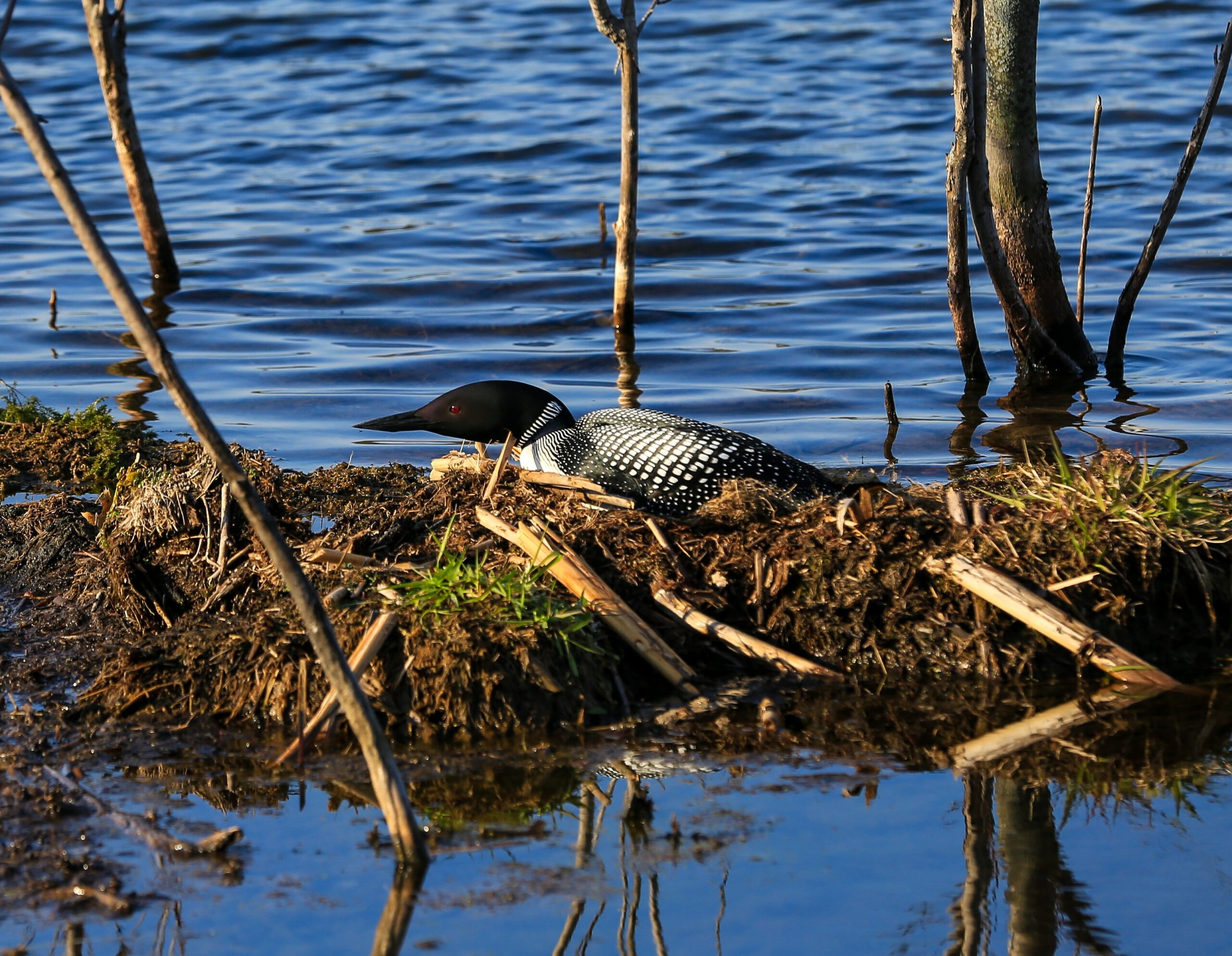
Human disturbance.
An increased number of humans on lakes can lead to noise and disturbance from boats and personal watercraft, which can chase loons, swamp nests with excess wake, wash eggs out of the nest, or run over chicks or adults. Getting too close to the nest or loon family with a boat or canoe can be harmful and it’s recommended to keep your distance.
Entrapment in fishing nets or lines is also a significant and frequently reported threat to loons. Cleaning fishing lines from lakes is an environmental responsibility, and while there is not much that can be done about fishing line that is lost when it is snagged in deep water, if you happen to spot any loose lines, please take a moment to
collect them if possible.
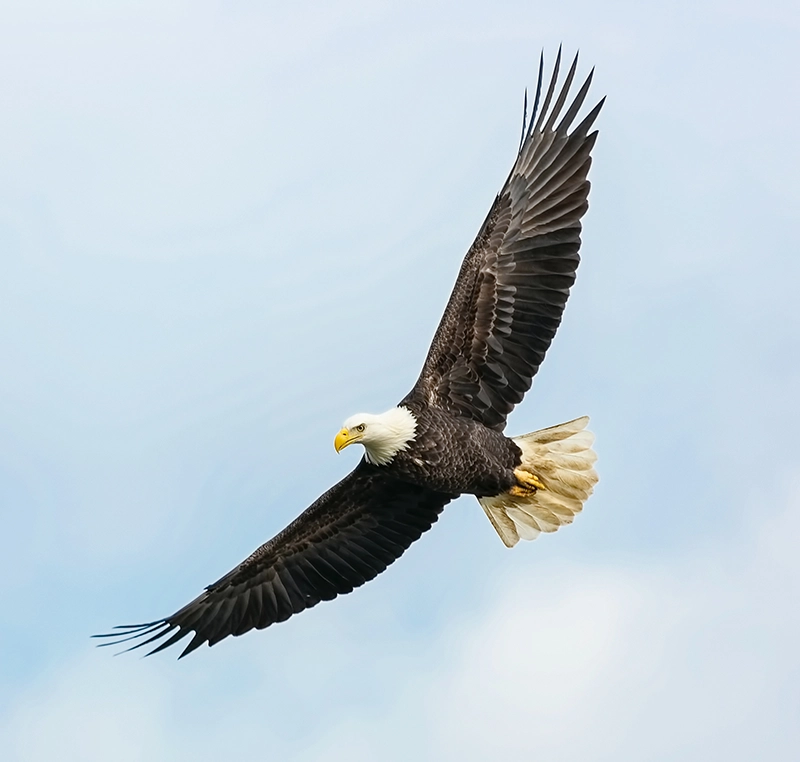
Predation and disease.
Loons are vulnerable to predation from a variety of animals, including eagles, otters, ravens, raccoons, and gulls; the latter two often caused by an increase in population and garbage. As predators become more abundant in certain areas, loons may struggle to raise their young and maintain their populations.
Botulism is a paralytic condition that results from consuming a neurotoxin produced by the spore forming bacterium Clostridium botulinum. The bacterium resides in the bottom sediments and in the alimentary (digestive) tracts of fish in the Great Lakes. The toxin is produced as the bacterium grows and there are 7 recognized types of botulism neurotoxins in the world, A-G. In Michigan, Type C and Type E botulism have been diagnosed in wild waterfowl. This causes periodic mass die-offs of water birds, including loons on our Great Lakes.
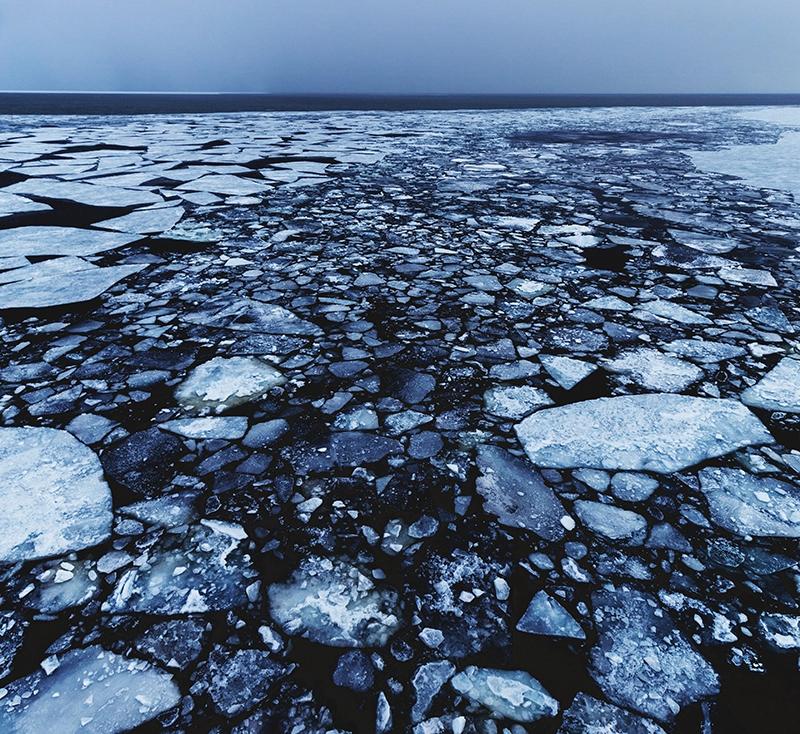
Pollution.
Unhatched loon eggs collected under state and federal permits have revealed high levels of a number of contaminants, including PBDE (flame retardants), PFOS (stain guards), PCB (industrial insulating/cooling agents), and chlordane (a pesticide). Water quality is critical to loon species survival from their home lakes to their winter ones.
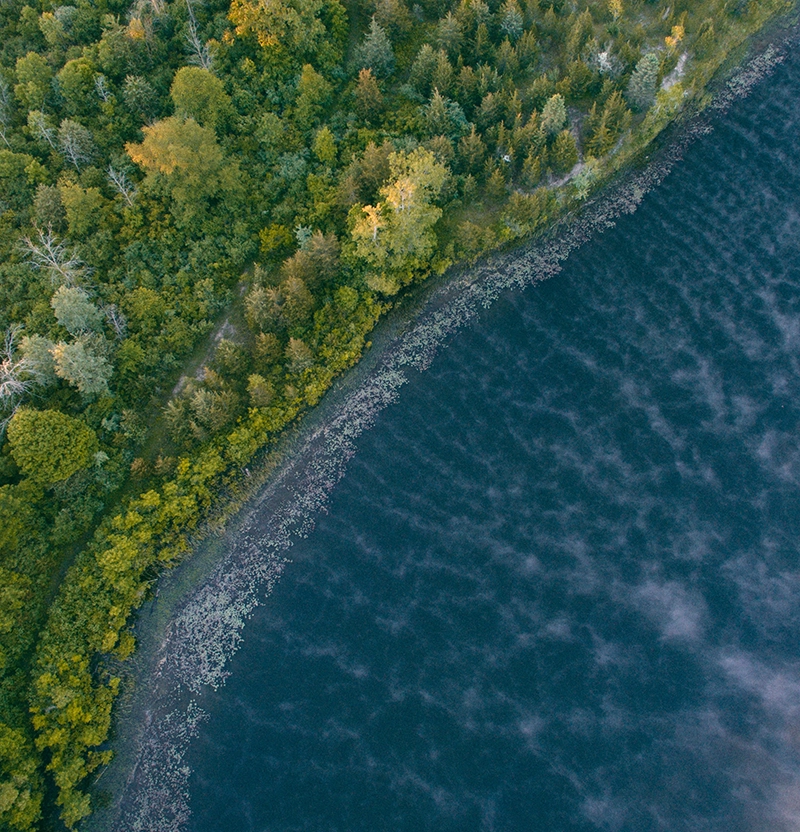
Wake Boats.
Just one pass of a wake boat can be devastating to an ecosystem. Multiple passes in the same area cause long-lasting damage to shorelines, water quality, and lake bottoms.
Wake boats erode vulnerable shorelines when the distance to shore is not adequate to dissipate the wakes and make the water murky. Loons depend on clear water to see their prey and lake bottoms for vegetation. Wake boat waves can also wash over a loon nest and dislodge the eggs, ruining their nesting season.
